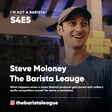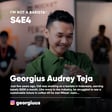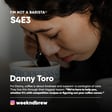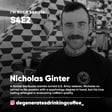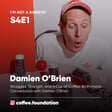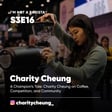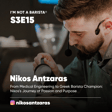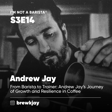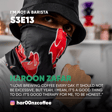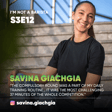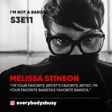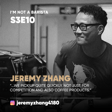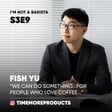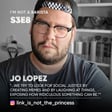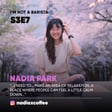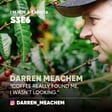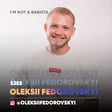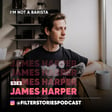
#6. Meet Tim Rogg 🇬🇧, from filmmaker to coffee entrepreneur
How do you turn a big concept like specialty coffee into content that’s educational, digestible, and entertaining at the same time?
Tim Rogg, co-founder and the ‘brawn’ behind The Right Roast, has spent the last decade doing just that. Along with his wife Aiko, who makes up the ‘brain’ behind the brand, the creative duo have devoted their effort into building an ecosystem that unites roasters and consumers alike in an online marketplace that’s designed to grow into something so much more.
You can read Tim's coffee story
https://notabarista.org/tim-rogg/
Make sure you follow us on Instagram @iamnotabarista to connect with the global coffee community, let's empower people behind the cup together.
Support the showRead more coffee stories on
https://notabarista.org/
Order Coffee Wristbands and support I'M NOT A BARISTA's charity work
https://notabarista.org/product/notabarista-coffee-wristbands-2023/
